
Have you ever imagined what Antarctica looks like beneath its thick blanket of ice? Hidden below are rugged mountains, valleys, hills and plains.

Lengthening days are linked to the oxygenation of Earth's atmosphere, according to a study from 2021.
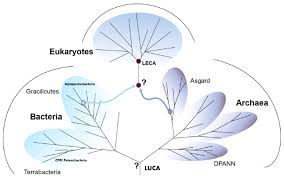
An international collaboration has published groundbreaking research, shedding light on the most significant increase in complexity in the history of life's evolution on Earth: the origin of the eukaryotic cell.
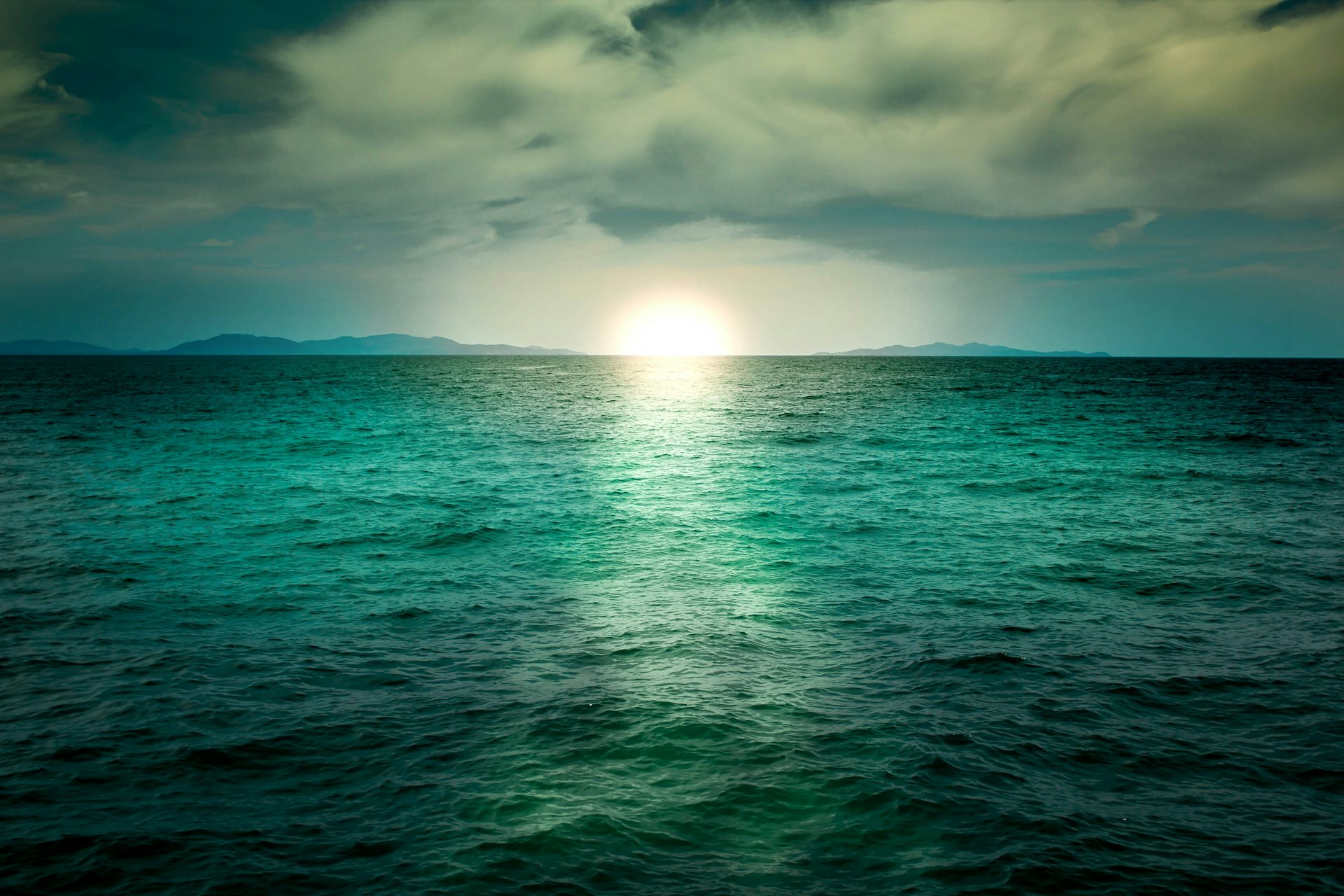
Japanese researchers have made a compelling case that Earth’s oceans were once green, in a study published in Nature.
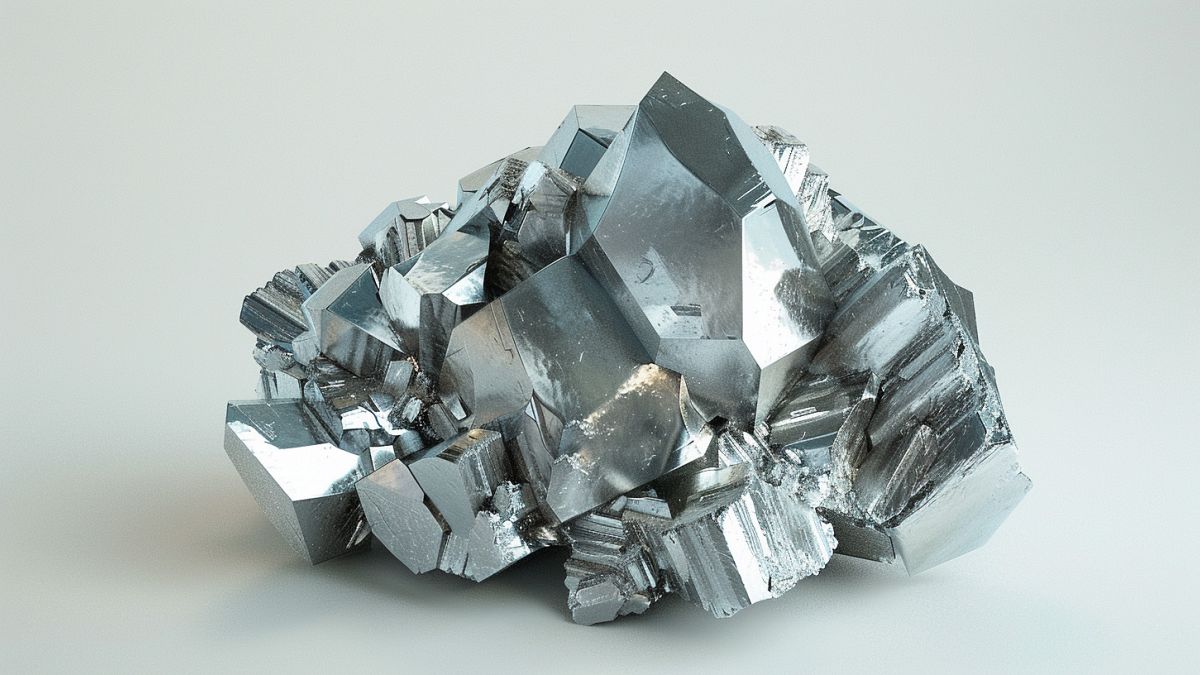
Now dubbed "New Kazakhstan," the deposit is said to have almost 1 million tonnes of cerium, lanthanum, neodymium and yttrium, elements used as components in devices such as smartphones, digital cameras and computer hard disks.
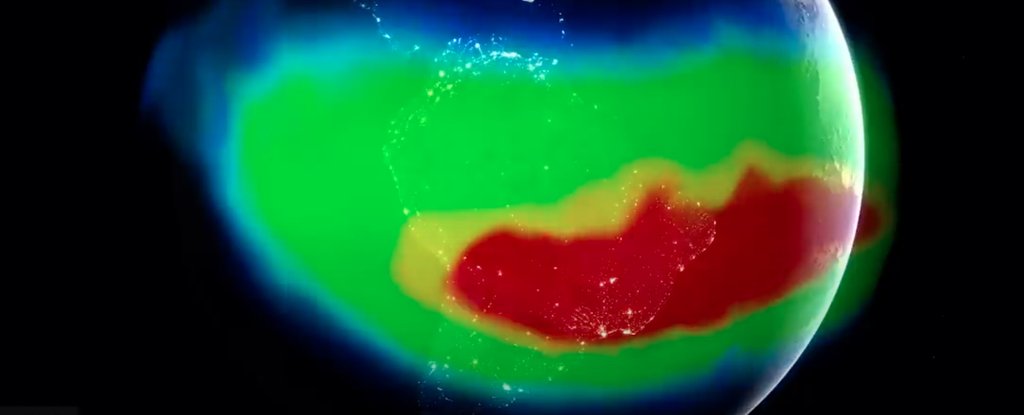
NASA has been monitoring a strange anomaly in Earth's magnetic field: a giant region of lower magnetic intensity in the skies above the planet, stretching out between South America and southwest Africa.

At least two mass extinction events in Earth's history were likely caused by the "devastating" effects of nearby supernova explosions, a new study suggests.

Millions of years ago, our Solar System traveled through a densely populated galactic region and was exposed to increased interstellar dust.

Researchers say the 3.47-billion-year-old meteorite impact crater could help explain how life on Earth began.

Continent-sized structures of mineral protruding from the lower mantle towards Earth's outer core may be contributing to an instability of our planet's magnetic field.
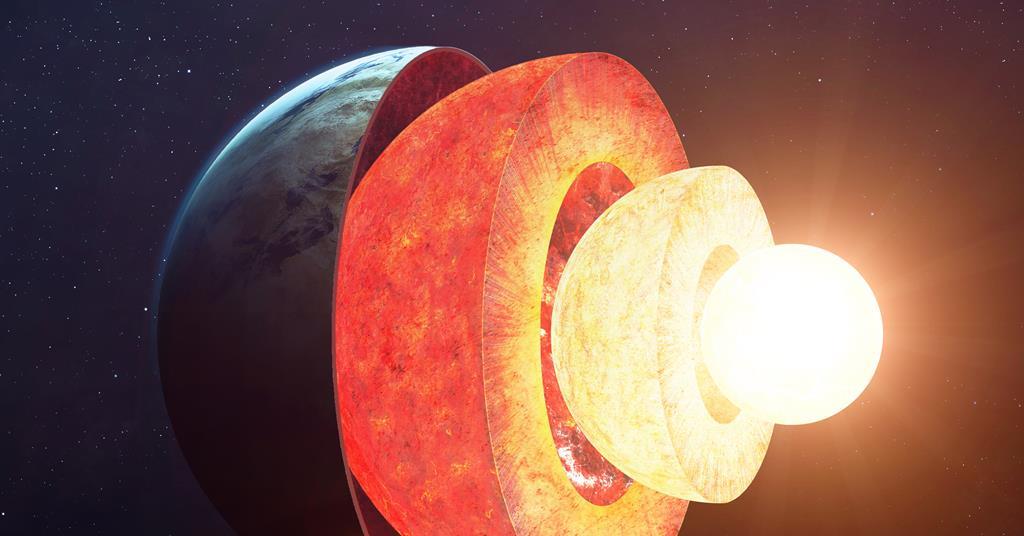
In the new work, Hirose and colleagues at other institutions in Japan and Taiwan propose that the iron core of the Earth formed bonds with helium, allowing the core to act as a reservoir.
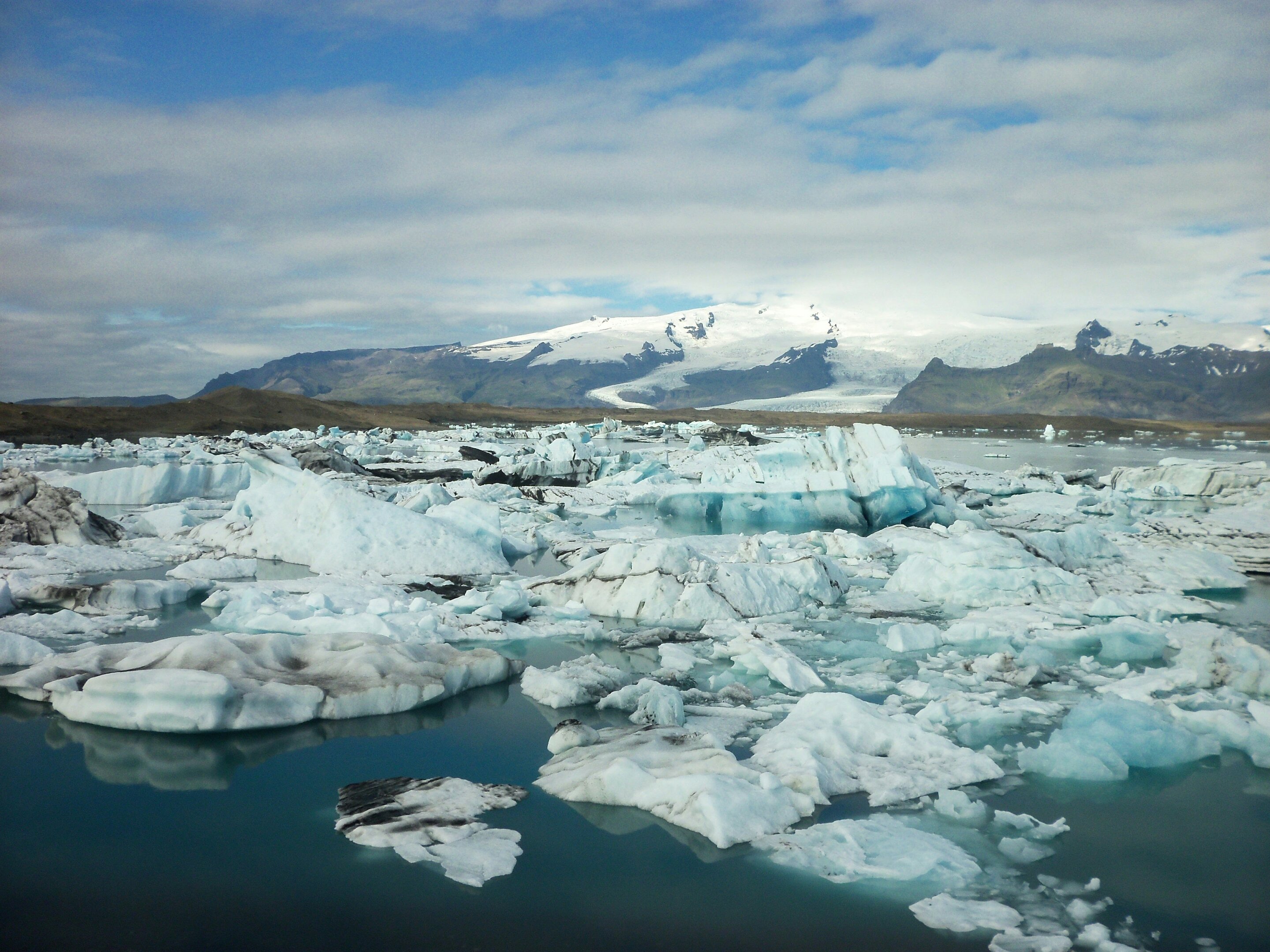
This melting has implications for global climate indicators, including sea level rise, ocean warming and viability of marine ecosystems.
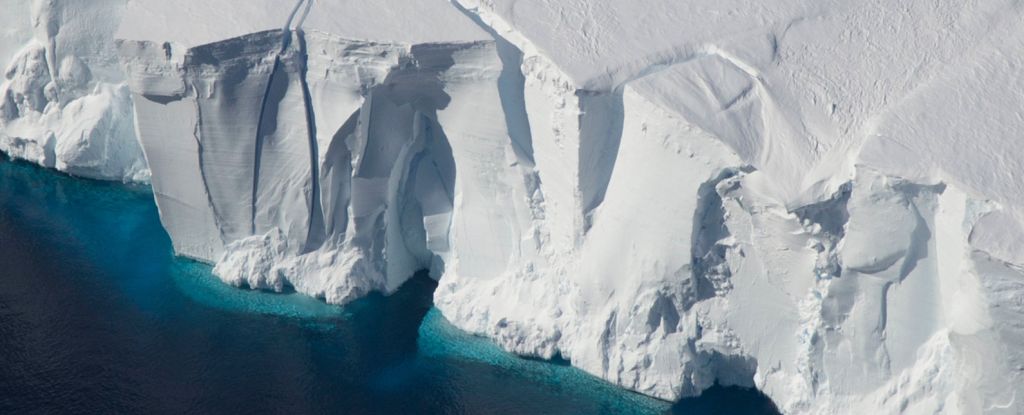
New research has demonstrated the precise relationship between past ice ages and each wobble, tilt, and angle of the planet's path, unlocking a new tool for predicting the future fluctuations of our global climate.
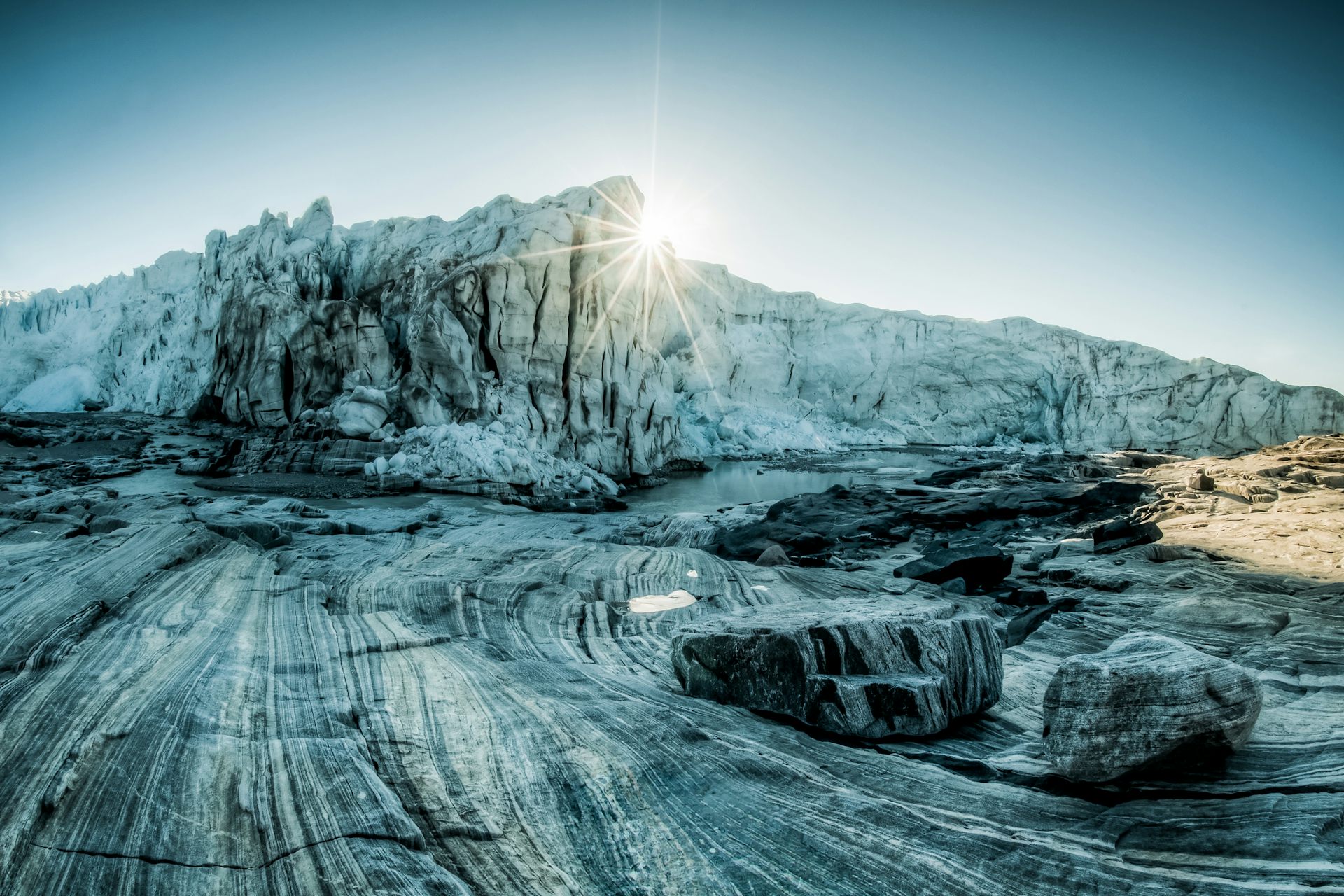
Hundreds of millions of years ago, rocks crushed under kilometres of ice injected vital nutrients into Earth's oceans.
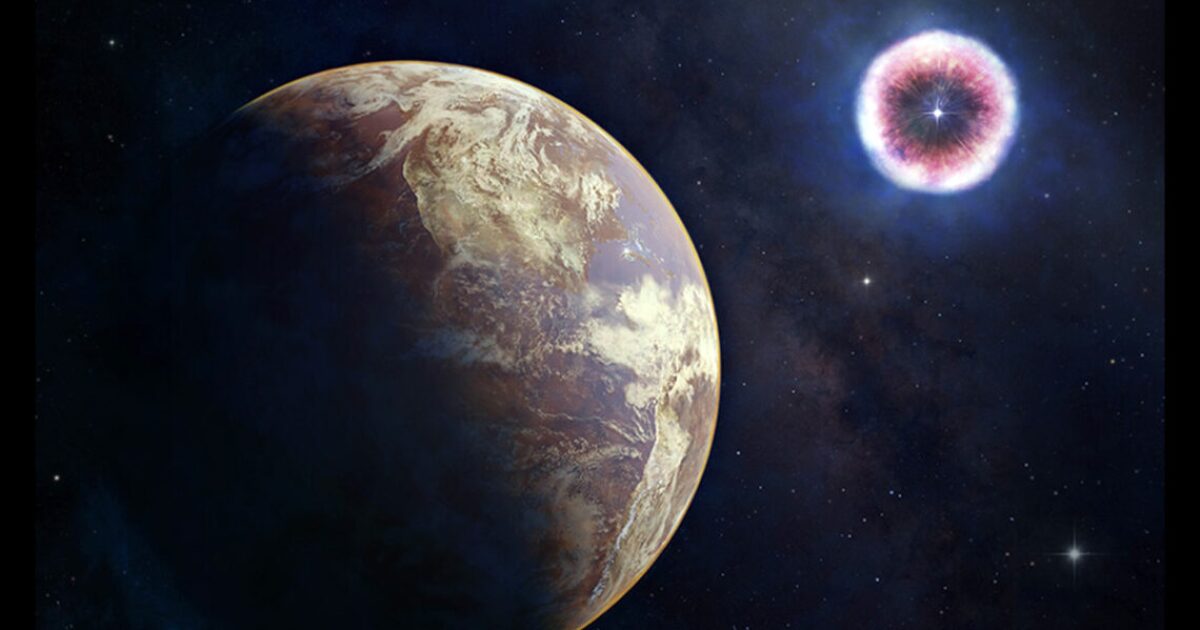
Scientists have traced radioactive elements on the seafloor back to the cosmic explosions they might have come from – and potentially linked the event to evolutionary changes in viruses in a lake in Africa.